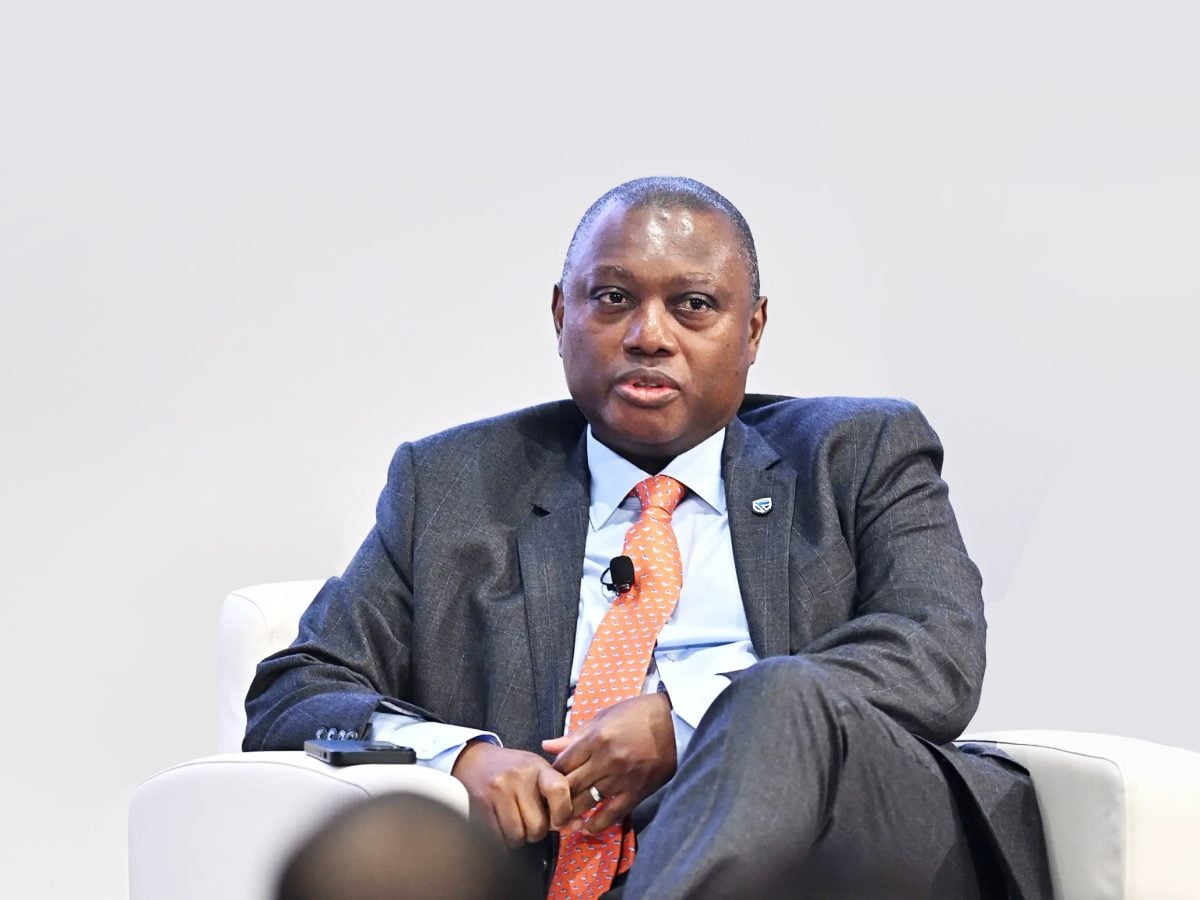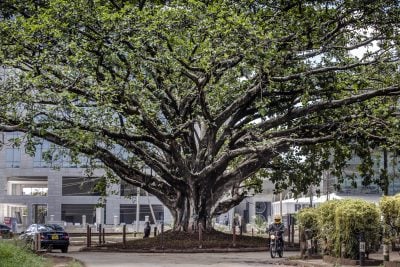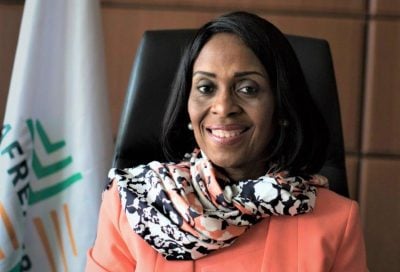A successful B20 summit in Johannesburg this week welcomed more than 2,000 delegates from across the world for discussions on issues about African development, about investment and business and about trade, among other issues.
The B20 is an important parallel advisory structure run by and for business alongside the G20 process. Under South Africa’s presidency, eight task forces in different sectors have been meeting throughout the year, developing business-driven, actionable policy recommendations to be presented to the G20.
Task force Chairs and Co-Chairs led technical recommendations, supported by over 1,400 professionals from 25 countries and 16 sectors.
We asked Sim Tshabalala, CEO of the Standard Bank Group and Chair of the B20 South Africa Finance & Infrastructure Task Force, for his takeaways from the process.
“We have been able to use this year to demonstrate our calm, evidence-based, and inclusive style, which has been warmly welcomed and appreciated by almost all of the major international players.
“It’s already clear that the Johannesburg B20 summit has been highly successful, for the following reasons: It has been very well attended by businesspeople from all over the world.
“It represents the culmination of a year of highly inclusive and well-structured conversations within the global business community about firstly, policy and regulatory suggestions to the G20 governments and secondly, steps that the individual businesses and organised business can take to support faster, more inclusive and more sustainable economic growth and human development.”
He said it has also been useful in drawing the attention of international investors to South Africa and to Africa as whole. “A lot of value has already been created for Africa as a result of the business connections made throughout the year.”
B20 reshaped global debates on Africa’s investment risks
The B20 has helped to change the nature of the global debates on ratings accuracy and appropriate risk weights for bank lending to infrastructure projects, which shows the power Africa has in these times of global uncertainty, to drive the agenda, Tshabalala maintains.
“It’s notable that that there’s considerable alignment, for instance, between the recommendations of South Africa’s G20 Expert Panel and the B20 Finance and Infrastructure Task Force on ratings.”
The task force listed among its recommendations that improvements to data and information availability should be explored to support credit ratings assessments, capital allocation and opportunities to reduce the cost of capital.
He said South African Reserve Bank Governor, Lesetja Kganyago, mentioned excessive risk weights on bank lending to infrastructure to Africa in a speech in September. “I have recently heard these views echoed by other policymakers in Africa and beyond. In other words, a consensus may be starting to form.”
Africa’s growth will attract global investment
He said Africa is undoubtedly an attractive investment proposition.
Standard Bank agrees with the IMF that sub-Saharan Africa’s growth will accelerate to 4.5% by 2030, and that it will continue to be one of the world’s fastest-growing regions from the 2030s onwards.
“Then, over the rest of the century, we expect that Africa’s population will continue to grow more quickly than the rest of the world, and that it will continue to become healthier, wealthier, better educated, more urbanised, more digitally connected, and more productive.
“As these trends continue and accelerate, Africa will inevitably attract a rising volume of global investment.”
Three key recommendations on mobilising capital
Tshabalala said the B20 Task Force on Finance and Infrastructure makes three recommendations on mobilising capital for African development.
First, support the expansion of investable infrastructure projects and strengthen early-stage project preparation.
“As I have mentioned, many projects die not because they are bad ideas, but because they are badly prepared. Feasibility, governance, and risk allocation must be carefully managed. Critical infrastructure – in the energy and digital sectors – should be prioritised.
“These sectors are critical to unlocking broader economic development and innovation and serve as attractive ‘lighthouse’ projects for private investors.”
Secondly, he said, blended finance and public-private partnerships should be expanded. “Let concessional capital de-risk projects so that private capital can follow with confidence.”
Thirdly, ensure that African risk is more accurately assessed so that investors of all kinds understand that investing in Africa is not nearly as risky as many people assume.
Asked what changes, if any, he anticipated in terms of reform of the global financial architecture coming from the SA G20 process, Tshabalala said, “The B20 works by gradually shaping the climate of opinion and by making suggestions to policymakers – and it does so in multiple meetings in multiple workstreams throughout every year.”
“Regarding the B20, we the South African B20 co-chairs and secretariat have certainly not been blind to the heightened tensions of the past year. The main ways that we have addressed them are by aiming to be as inclusive, as factual and as non-ideological as possible. Our goal has been to make suggestions that every rational businessperson is likely to support.
Beyond tensions, approaching global issues with a long-term vision
“The B20 is not being ‘handed off’ to the United States. Rather, the duty of being the secretariat of the ongoing conversation is being passed – as usual – from one country’s organised business community to another’s.
“Within the B20, conversations, meetings and contributions to policy processes continue as normal,” he said.
Tshabalala, along with others in his task force team, told a media briefing in the run up to the G20 that the B20 is not dealing with short-term cycles but long-term issues.
“We took the view that we are dealing with long-term issues, not day-to-day political cycles. In the long arc of history, the conversations we have in Africa must have an impact not only on South Africa, but on the entire continent and indeed the world.
“The principles we put forward are designed to be universally reasonable – acceptable to any fair-minded person, whether you are South African, Nigerian, Australian, American, Russian or Chinese. They are grounded in logic and evidence, not partisan politics.
“So these are not narrow, local recommendations; they are global, long-term principles. We are not naïve about the geopolitical tensions. We are fully aware of them. But we chose to stay anchored in principle,” he said.
 Sign in with Google
Sign in with Google 



